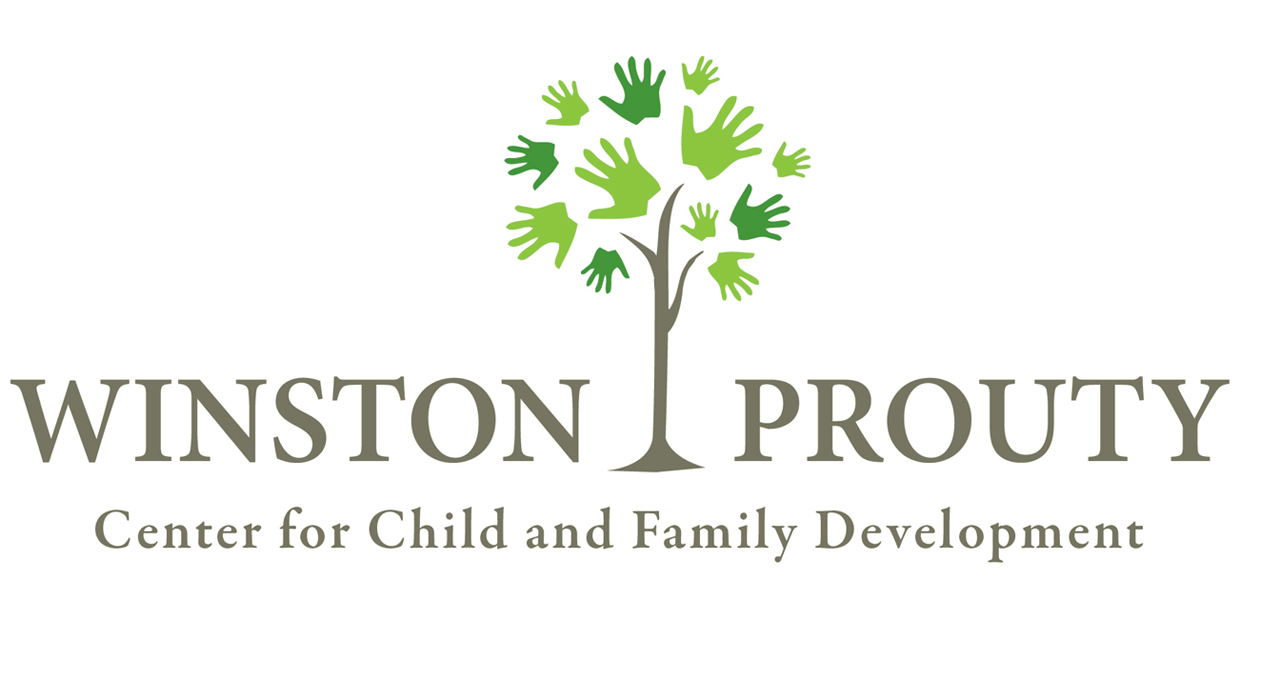One Way to Combat Childhood Hunger
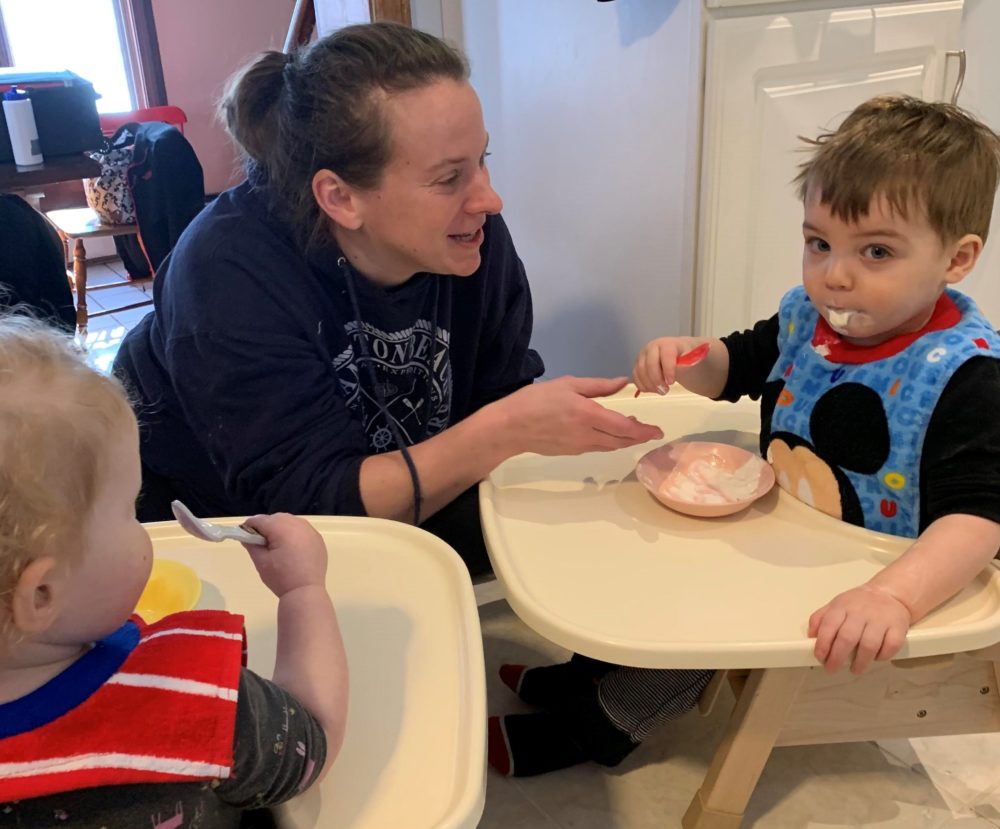
The Winston Prouty Center is celebrating it’s 50th year in 2019! Throughout this anniversary year, we want to share stories of people whose lives have been impacted by the Prouty Center as we celebrate and think about the next 50 years. This article was originally published in the Brattleboro Reformer, March 17, 2019
One of the major sources of support for providing nutritious food to young children is through a program that is not well known – The Child and Adult Care Food Program. CACFP is funded through the USDA Food and Nutrition Services and is part of the safety net to improve access to food and a healthy diet to at-risk populations. Nationally, more than 4.2 million children benefit from the program through their child care providers.

The Winston Prouty Center began sponsoring CACFP regionally in 2017 after merging with Windham Child Care. Last year, 239 children received 115,867 healthy meals and snacks locally through 29 home-providers who participate. As a sponsor, WPC provides support, training and oversight to child care providers who want to use this resource. Providers who follow the food guidelines and document what they are doing get reimbursed for the food they buy each month. Many programs provide at least a snack and find it worthwhile to jump through a couple hoops to get paid for what they are already doing. As Amaryah Pendelbury, owner of The Nature Place and a participant in the food program, said in a recent interview, “Participating in the CACFP helps normalize healthy food at our program and helps me to be able to provide for the children in my care. I love participating in the food program because I can see all the good it does. Children with special dietary needs can see other children eating the same or similar foods as them, helping them not feel so singled out. The children are more willing to try new foods when they see their peers trying them too.”
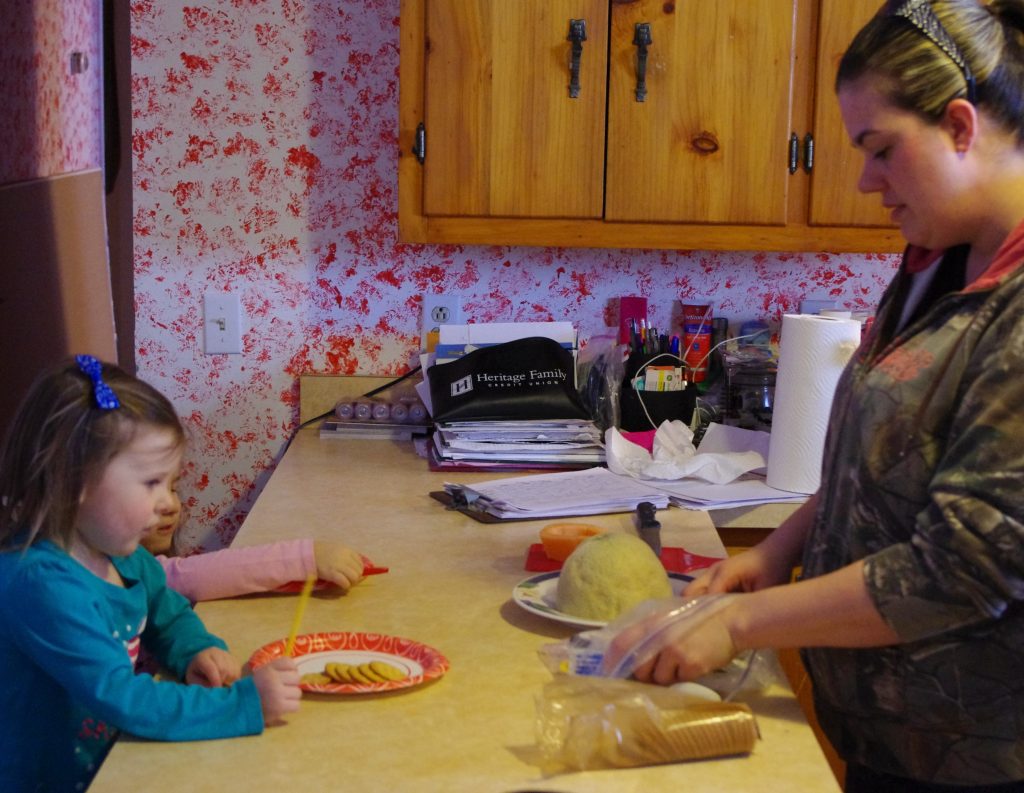
Why is good nutrition so important in the early years? One reason is because it is directly related to brain development. Inadequate brain growth can have a lasting impact on a child’s behavior, language and fine motor development, and ultimately lead to poorer school performance, a predictor for future success. A second reason to highlight good nutrition in the early years is to help establish eating habits which lead to good health, including a healthy weight. There has been a lot of focus on what some call the “epidemic” of childhood obesity with multiple contributing factors. Studies show that if you are overweight as a child you are more likely to be overweight as an adult. Obesity can shorten life expectancy and increase the risk of health problems like sleep apnea and liver disease.
One of the challenges some people face is having easy access to nutritious foods. You might take for granted that you have a car that allows you to get to a grocery store with a lot of options from which to choose. Or, you may have a full kitchen where you can store food and cook your own meals. Some families primary source of groceries might be the corner convenience store where it is easier to get a bag of potato chips than an apple for a snack. Other families may only have a microwave and no reliable way to keep food cold due to their living circumstance. This makes it very difficult to prepare anything other than pre-packaged foods which often have levels of sugar, sodium and other ingredients without much nutritional value. This is an excellent example of how a program like CACFP can help children who are at-risk nutritionally. Not only do they have access to nutritious food, they also learn about and get to try different foods that they may not otherwise encounter. Being exposed to a variety of options broadens children’s food horizons and contributes to the development of healthy eating habits. Often it is easy to be judgmental about what people eat. Staying open and curious is a great technique for engaging with children and their families about food. After all, do we really need a power struggle over whether or not it is okay to have a cookie? Healthy eating habits include developing healthy feelings around food. Shame and withholding are not good ways to teach good eating.
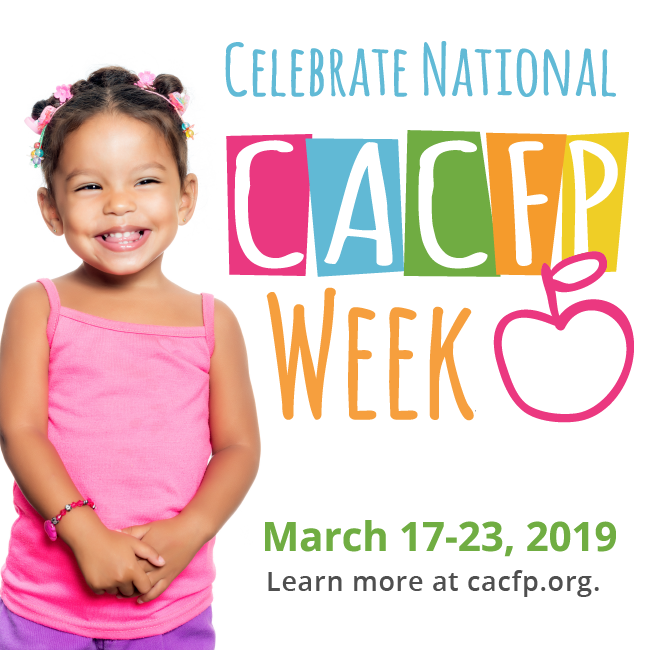 This week (March 17-23) is National CACFP week. Programs like CACFP are an essential part of how we help children get the food they need to grow into their healthiest selves. Setting up children for success means considering the multiple factors that contribute to their optimal development, including good nutrition.
This week (March 17-23) is National CACFP week. Programs like CACFP are an essential part of how we help children get the food they need to grow into their healthiest selves. Setting up children for success means considering the multiple factors that contribute to their optimal development, including good nutrition.
Chloe Learey is the executive director of Winston Prouty Center for Child and Family Development in Brattleboro which is celebrating its 50th anniversary this year. She serves on the Building Bright Futures State Advisory Council, a governor-appointed body that advises the Administration and Legislature on early childhood care, health and education systems.
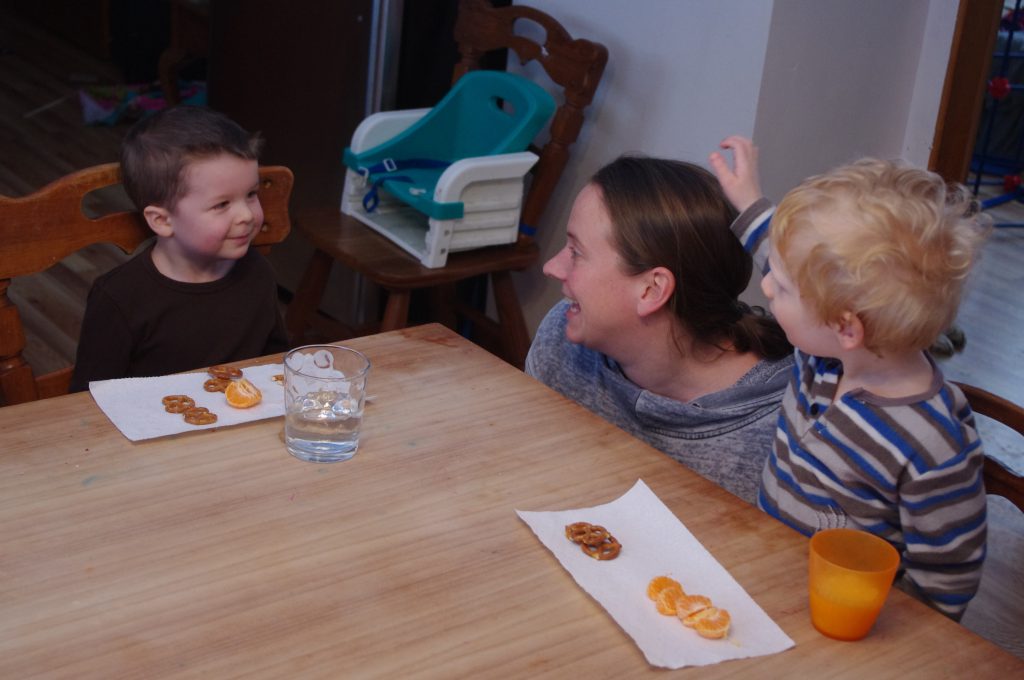
http://winstonprouty.org/wp-content/uploads/2019/03/Reformer_031819_Hunger.pdf
